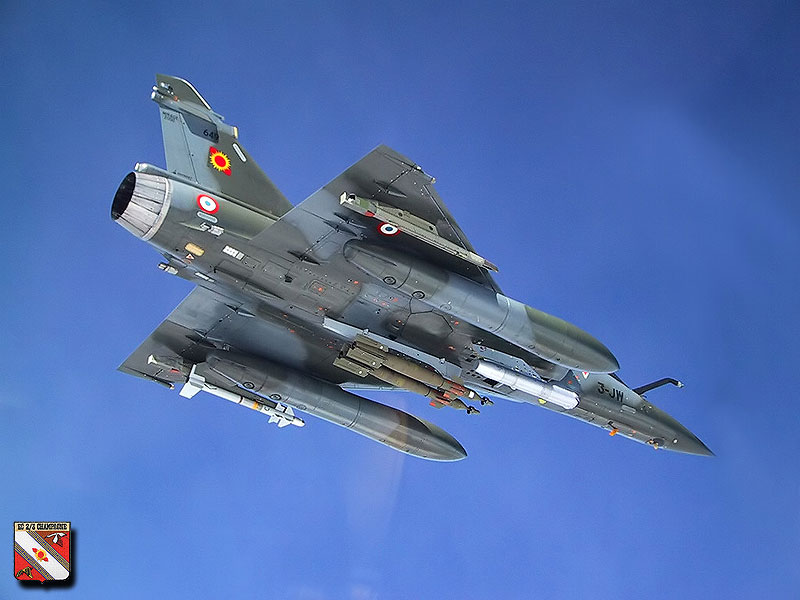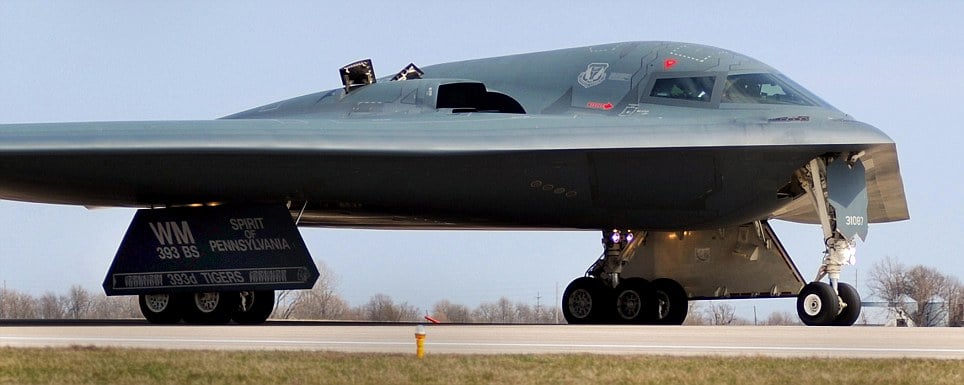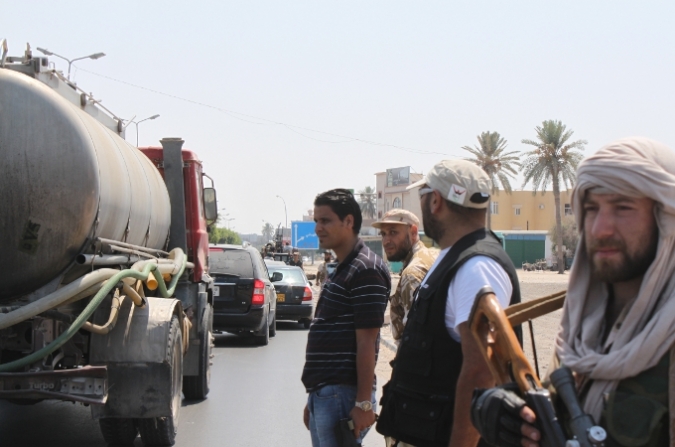
Over the past 10 years, it has become all too common to see more and more Western intervention in the countries of the world, specifically against countries which happen to be inhabited by Muslims. The Imperialist nations now occupy Afghanistan, Iraq and continue a bombing campaign either directly or indirectly via proxies in Libya, Somalia and Palestine. Imperialism aims itself like a gun at Libya at present, that being its apparent priority. As MP Ali Qanso of Lebanon stated, it seems that if their actions in Libya are a success, that Syria seems to be next on the hit list. Why Libya then? Why has Libya been chosen to be the target of the Imperial powers of the world including the United States, United Kingdom, Spain, France, Italy, Belgium, and Netherlands amongst others?
It is because consistantly, over the last 42 years, the Libyan Islamic Jamahiriya (roughly translated as People's Republic, or State of the Masses) has stood up to Imperialism and despite being a small country, has done more than any other state in recent memory to shatter Imperialism and help the fight against world hegemony. To list all of the parties and organisations which received substantial aid from Revolutionary Libya would be to write an encyclopedia of revolution, but a summarised list would include the Provisional IRA, ETA, PFLP and other Palestinian groups, Moro National Liberation Front, FSLN, ANC and South African Communist Party, MPLA, SWAPO, FRELIMO, etc. In addition, I can personally say that many groups in the United States - including many who have now turned against Qadhafi - received substantial aid, aid which affected but was by no means limited to the RNA, NOI, both the original Black Panthers and New Black Panthers, Young Lords and most Islamic organisations at the present time. This effort to support World Revolution, including aiding groups who maintained little support for Libya, was out of pure principle of revolutionary assistance towards the defeat of Imperialism in all territories they occupy. The Imperialists are not a forgiving people, and just as they never forgave Saddam Hussein and Iraq for SCUDing the Zionists in 1991 and threatening the Gulf monarchies, they have never forgiven Libya for her revolutionary assistance, and where the Imperialists hold grudges, they will seek to rectify them in the most violent ways.
The Al-Fateh Revolution in 1969 occured for a variety of reasons, including political, in that the Libyan monarchy was entirely pro-European and ambivalent about the Arab, African and Islamic causes, as well as economic factors, being that Libya, by some measures, was the poorest country in the world with its resources mostly entirely owned by European powers. Today, Libya is the wealthiest country in Africa, with free education, healthcare and a substantial stipend to married couples. All resources are owned collectively by the people, and the government is run by local councils as is mentioned in the Green Book.
The main reasons for the rebels existing in the first place are many, but several causes obviously include the remnants of Monarchist ideology in Benghazi, fostered by the privelaged status received under the Senussi monarchy and lack of privelage under the revolutionary government; the influence of radical Salafi ideology emerging from Egypt and the Maghreb which seeks to displace traditional Libyan Islam and establish a base area for Al Qaeda in the Maghreb; the influence of the Muslim Brotherhood, which has always been the primary opposition group on the ground, now with arms and financial support emerging from both Tunisia and Egypt; and the announcement earlier this year that the revolutionary government would make a radical reformation to better place resources in the hands of the people, something which no doubt caused many opportunists to fear in their hearts and waiver in their loyalty and switch sides once armed revolts broke out, as the privelaged often do to maintain the status they feel they deserve.
The Libyan Civil War for now is a two-sided affair, pitting the forces loyal to the Al-Fateh Revolution and the Green banner of the Islamic Jamahiriya against forces loyal to counter-revolution and the old banner of the Monarchy, backed by the air force of Western Imperialist powers. However, it is probable that this will not and cannot remain a two-sided affair forever. The assassination of rebel commander Abdul Fatah Younis by other rebels showed the division within rebel ranks. Something continually unnoticed is the lack of actual ideological cohesion amongst the rebel organisations. The most commonly presented view of the rebels presented by the Western media is that of secular, democracy-loving liberals. While this is true of many within the top echelons of rebel ranks, it does not imply this is the view of all who fight under their banner. If the rumours are true, the Libyan Islamic Fighting Group, a franchise of Al Qaeda, declared the establishment of an Islamic Emirate. Considering the strength of radical Salafism in the Maghreb, this should be of little surprise to anyone, and it can be doubted by anyone reasonable, that co-existance can exist between them and the top leadership. In addition, there are Arab Nationalists in the rebel ranks, of a most reactionary form, as shown by the numerous reports of killings and massacres of dark-skinned Libyans; add to this reports of Hezbollah on the ground in the Misrata front (Hezbollah indeed at the very least offered to send troops), the strong presence of Pro-Senussi Monarchism in Benghazi, amongst other tendencies, such as former Jamahiriya defectors and the Muslim Brotherhood in Libya, and supported by their brothers in Tunisia and Egypt, and you have vastly different ideologies and tendencies, further exacerbated by tribal, regional, ethnic (Berber-Arab) and religious (Sunni-Salafi-Ibadhi) differences.
If even half of this comes into play, it is unlikely the Libyan Civil War will be over soon, for one also has to take into account the strong southern backing for Qadhafi, in the former province of Fezzan, as well as his support in Sirt and in rebel held regions. This leaves a dire future for Libya, one in which it is more likely than not that Libya will be a proxy war for a variety of world and regional powers. While some, such as Turkey, seem to simply want to get on the winning side, it is likely that Iran would prefer to see a pro-Iranian regime and back Hezbollah and their local allies; the propaganda value of a successful monarchist counter-revolution in a time of uncertainty and protest would be immeasurable, and so it is likely the Saudis and other Gulf countries will back the Monarchists; Islamic Fighting Group needs no allies except their own fellow radicals in the Maghreb and the Muslim Brotherhood will surely receive even more support than they already have, riding high as it looks like both al-Nahda and the Freedom and Justice Party will win state power through elections in Tunisia and Egypt respectively, and their Syrian wing plays a major role against the Assad Presidency. When adding Western European support which is likely to be for Pro-Western liberal elements, it practically ensures the division of Libya and as many have predicted, a situation resembling Afghanistan as of 1992.
This is not an accident either, for unless I am terribly mistaken, the idea was always to destabilise Libya and replace it with nothing. Libya played the leading role as the only major state promoting the idea of Pan-Africanism. In addition to this, it always saw itself as the true successor to the old dreams of Nasserism, and always saw the causes of Pan-Arabism, Pan-Africanism and Pan-Islam as intrinsically and eternally linked. This radical take on Pan-Arabism was not accepted by many Pan-Arab nationalists, who are not keen on accepting Africans or non-Arab Muslims as equals, for after all, Pan-Arabism in more recent forms has been the work of primarily Christian Arabs in the Levant. More threatening than simply ideology was action. In the sphere of Pan-Africanism, Qadhafi recently came to the (probably correct) conclusion that Pan-Africanism cannot be achieved between bourgeois states, since it is unlikely any will concede power for the greater whole, but can only be achieved from the ground up, by creating reconciliation and unity between tribes and groups on the ground to create a united Africa without only relying on the good-will of bourgeois politicians. This, combined with revolutionary principles and the beginning of an attempt to put Libya back on a gold standard (something surprisingly threatening in the days of speculative money), are the main reasons for Western intervention.
Despite the Western intervention and likelihood of a much more chaotic war, the end of the Revolution is not certain, and it is now still as likely as unlikely that after the chaos subsides and the stagnating and declining Imperialist economies force their retreat, that the green flag of revolution will return to the whole of Libya. There can be only two stances, the stance of revolution and the backing of the Libyan Jamahiriya and their allies in Africa, Asia and Latin America, or the stance of reaction and the backing of the Rebels and their allies in NATO and the Gulf. Those who choose the latter, cannot but aid the cause of Imperialism, and those who choose the former, do so out of principle.









